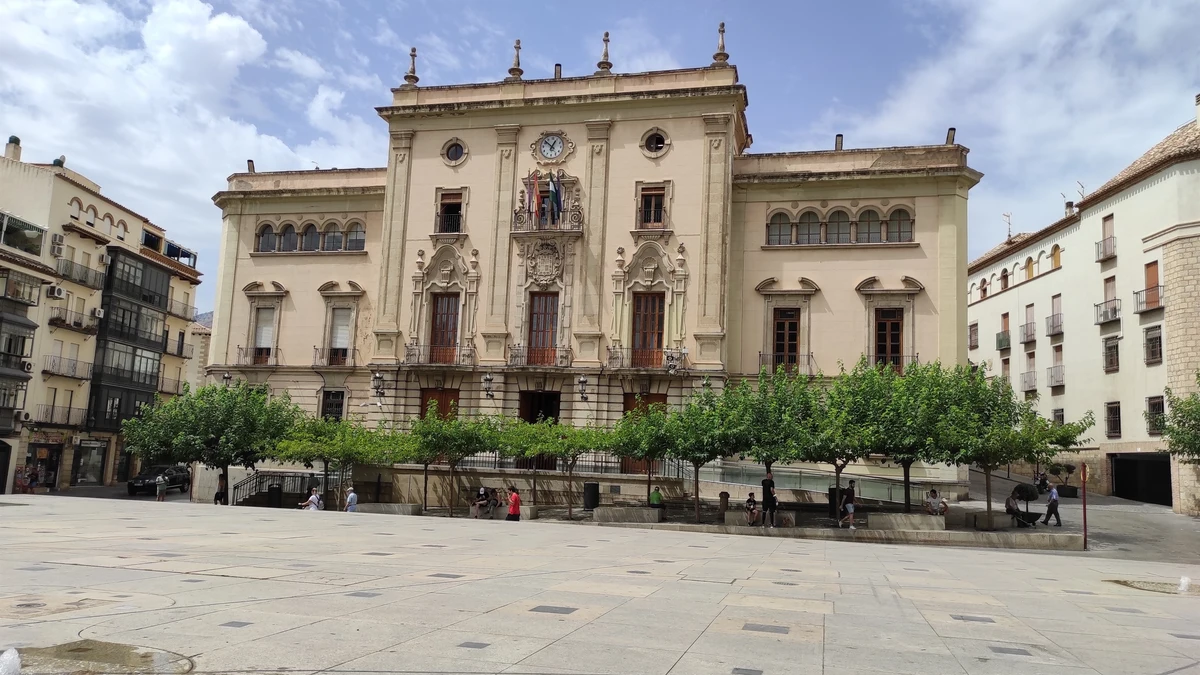An accomplished actress, director and producer, Val Gray Ward founded Kuumba, a pioneering African American theater company in Chicago.
“I like to call her the Martin Luther King of the theater community in Chicago,” said Jackie Taylor, the founder and CEO of Chicago’s Black Ensemble Theater Company. “She had nationalism and tenacity at a time when our voices were being stifled and disrespected.”
Ward, 91, died on March 7 at Northwestern Medicine Palos Hospital in Palos Heights after suffering an infection, said her son, Babatu Gray. She was a resident of Orland Park.
Born Queenola Valeria Ward in Mound Bayou, Mississippi, Ward was the daughter of a Baptist minister. She graduated from high school in Mound Bayou, where she took part in constant debate and oratorical performances, her son said. She moved with her first husband to Chicago in 1951.
In the 1960s, she was drawn to the civil rights movement and saw how theater could empower Black writers and actors. The result was Kuumba, a theater company that Ward founded in 1968 out of her home on the South Side. She took the name from a Swahili term meaning “to clean up; to create.”
“I started the Kuumba workshop out of what I thought was a need for sharing talent with the community and out of a responsibility to disseminate Black history and literature,” Ward told the Tribune in 1971. “Kuumba is not interested in drama so much as self-expression. What we’re about is documenting Black life, taking art to the people going where the people are.”
In addition to readings and performances of works by Black authors, Kuumba provided a forum for commentary on movies, books and theater productions that members felt didn’t realistically portray Black life.
“My friend Gwendolyn Brooks once said that some of Kuumba’s highest art was the time we were taking it to the streets,” Ward told the Tribune in 1997. “If the people didn’t come to us, we took the art to the people — in the taverns, the schools and even the jail. Our work can never die because this institution is in the hearts and minds of the people we’ve affected.”
Brooks mentioned Ward in her 1967 poem “The Wall,” calling her “a little Black stampede.”
Ward “touched and transformed countless lives with her compelling talents and intellect, unshakeable pan-African sensibility, rooted consciousness, outspoken activism and altruism,” said poet Liseli Fitzpatrick, a friend who has taught a course about Ward at Wellesley College.
“She embodied and understood the sacred and intrinsic importance of the arts in the lives and liberation of Black people and, by extension, the world. For Val you can and must educate and entertain at the same time. That’s exactly what she did,” Fitzpatrick said.
In its early years, Kuumba staged its works at the South Side Community Art Center at 3831 S. Michigan Ave. It later moved to its own space on the second floor of a warehouse building at 2222 S. Michigan Ave. Productions included “The Amen Corner” by James Baldwin; “The Image Makers” by Chicago author Eugene Perkins; and “Dream Variation” by Marian Warrington.
The company’s performances included works by new writers, but also were more established contemporary Black dramas. In addition to serving as Kuumba’s executive director, Ward regularly acted in the productions as well.
Ward and her second husband, newspaper reporter Francis Ward, also wrote their own musical drama that she directed, “The Gospel According to Soul,” in 1988. And they helped make the Emmy-winning 1988 documentary “Precious Memories: Strolling 47th Street,” which aired on WTTW-Ch. 11.
The troupe also took its productions to large universities around the Midwest. In 1987, it found a new home at Malcolm X College.
“Val was, by far, the person who could creatively demonstrate and define the purpose and objectives of the Chicago Black Arts Movement,” wrote theater director and arts administrator Pemon Rami in his 2022 memoir, “When Blackness Was Golden!”
“Val Gray Ward’s definition for something to be classified as Black art was that it had to be ‘by, for and about Black people!’ If a creative piece of work was going to be philosophically defined as a Black Theatre piece, it was going to be written by a Black person, for a Black audience, and it had to be a story about Black people,” Rami wrote.
In 1990, Ward left Kuumba when her husband took a job at Syracuse University in Syracuse, New York. Facing dwindling attendance and a lack of strong corporate and community support, the theater company struggled after she left.
About four years later, Ward returned to Chicago and tried to revitalize Kuumba, overhauling its board and staff. Ultimately, however, Kuumba’s reboot ran aground.
Ward continued to stay active in the arts. She recorded a 2003 spoken-word album of Langston Hughes’ poetry, titled “Rhapsody in Hughes 101,” which was nominated for a Grammy Award. And she staged a one-woman show, “My Soul Is a Witness,” in which she performed as 17 characters including literary icons like James Weldon Johnson and Langston Hughes. Her final performance of that show was in 2015.
Ward also chose to document her life and Chicago’s Black cultural scene on a hand-stitched quilt, titled “Peace, the Way Home,” that she began working on in 1972. Ward still had been working on the quilt, which she had displayed at Chicago’s Richard Gray Gallery, at the time of her death.
Her first marriage ended in divorce. In addition to her son and husband, Ward is survived by two other sons, Akintola Ward and Kenneth Gray; a daughter, Rhonda Ward Sonoiki; six grandchildren; seven great-grandchildren; two sisters, Doris Sellers and Marva Crump; and two brothers, Harold Ward and Tyrone Ward.
A celebration of life service will take place from 11 a.m. to 2 p.m. on May 25 at the Logan Center for the Arts at the University of Chicago, 915 E. 60th St.
Goldsborough is a freelance reporter.





